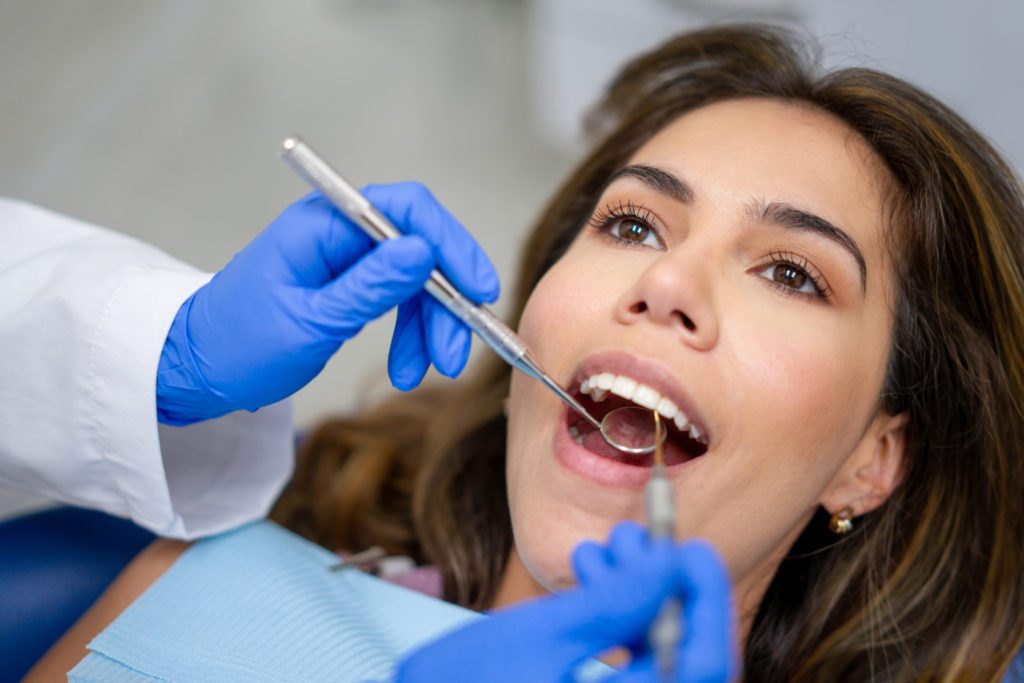Don’t know what to say after your dentist examines your smile? Do you want to ask about something but don’t know how to ask? We’ve got you covered. Patient education is an important aspect of dental care.
We encourage patients to ask questions, whether they have a current dental problem or want to improve their smiles. Here, we will review some of the best and most common dental questions to ask our team at our Owings Mills, MD, dental office.

Top Dental Questions in Owings Mills, MD
Asking questions is the best way to know how to improve your oral health, what treatments there are for your concerns, and how you can personalize dental care to your needs. When you talk to your dentist, ask them these following questions.
Are there any ways I can improve my at-home routine?
Dental care isn’t just about in-office treatments. Flossing and brushing at home make a difference in your oral health. We can teach you the best techniques and even types of brushes or floss that can benefit your smile. Some patients can benefit from one product over another because they have dental restorations, tooth sensitivity, or chronic dental problems.
What do my dental symptoms mean?
Please let us know if you have any current symptoms. We can take digital X-rays to find problems that aren’t visible with a visual examination. It’s especially important to voice tooth or gum pain or changes in the comfort of your smile or dental restorations. Treating symptoms sooner than later can prevent complications and more extensive treatment methods later on.
How can I improve my smile?
If you have a healthy smile but want to straighten or brighten your smile, talk to us about your cosmetic goals. Our dental office provides teeth whitening treatment, porcelain veneers, and other cosmetic treatments that address discolored and crooked teeth. We can also provide Botox and fillers to address areas around your mouth or in your face.
How can I prevent decay?
At-home oral hygiene and regular dental visits are some of the best ways to combat tooth decay and gum disease. Sometimes, brushing and flossing frequently can be enough to prevent infections.
However, you may require regular professional dental cleanings or preventative care to stave off decay. Please let us know if you have noticed changes in the comfort of your smile. These changes may be an indicator of infection.
What’s the best way to whiten my teeth safely?
We offer professional teeth whitening options that are much safer than store-bought kits. Our in-office treatment can brighten your smile several shades in just one visit, while our take-home kits give you professional results at your own pace. We’ll examine your teeth first to make sure whitening is right for you, since some stains work better with other treatments like veneers.
How often should I replace my toothbrush?
You should change your toothbrush (or electric toothbrush head) every 3-4 months, or sooner if the bristles look frayed. A worn-out brush doesn’t clean as well. If you’ve been sick, it’s smart to replace it right away to avoid reinfection. We can show you during your visit what to look for in a properly working toothbrush.
Why do my gums bleed when I floss?
Bleeding gums usually mean gingivitis, the early stage of gum disease. It happens when plaque builds up along your gumline. Don’t stop flossing either. With proper daily care, the bleeding should stop in about a week.
If it continues, come see us because untreated gum disease can lead to more serious problems. We can teach you the gentlest flossing techniques.
Are electric toothbrushes better than manual ones?
Electric toothbrushes can be more effective for many people because they do more of the work for you, with the right motion and pressure. They’re especially helpful if you have arthritis or trouble brushing thoroughly. But a manual brush works fine too if you use proper technique. Bring yours to your next visit and we’ll check if you’re using it correctly.
What should I do if I have a dental emergency?
For knocked-out teeth, cracked teeth, or severe pain, call us immediately. For a knocked-out permanent tooth, keep it in milk or saliva and try to get to our office within an hour for the best chance of saving it. We leave room in our schedule for emergencies because quick treatment often prevents bigger problems.
Why do I need X-rays if my teeth look fine?
X-rays help us see problems we can’t spot with just an exam, like cavities between teeth, infections in the roots, or bone loss under gums. We use digital X-rays that give us clear pictures with very little radiation. Less than you get from a day in the sun. How often you need them depends on your dental history and current health.
Ask Cosmetic & Advanced Dentistry
Do you have any more dental questions for us? Call Dr. Ed Lazer for general dental care and routine appointments at (410) 697-6290. You can also schedule a dental appointment with Dr. Lazer on our website.
